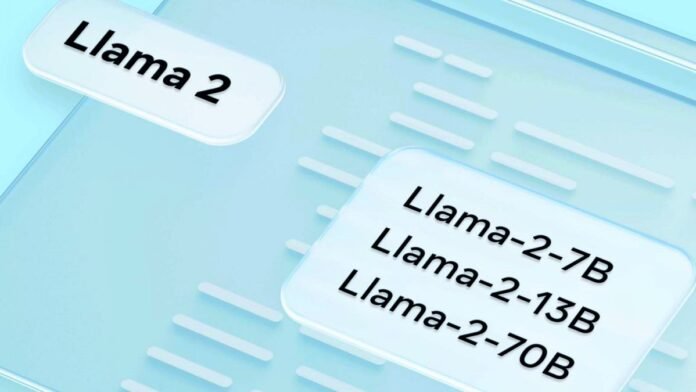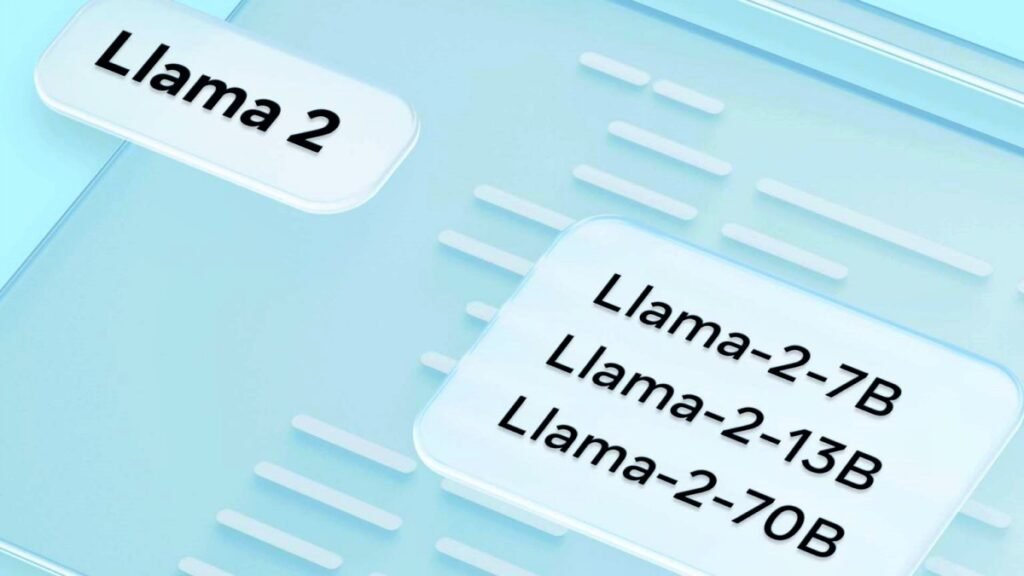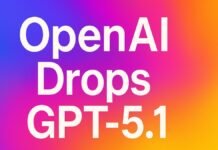
New Delhi: Meta, formerly known as Facebook, is set to release a commercial version of its open-source artificial intelligence model called Llama. The new version, Llama 2, will be distributed by Microsoft through its Azure cloud service and will run on the Windows operating system. Meta referred to Microsoft as its “preferred partner” for the release. Llama 2, which was previously available only to select academics for research purposes, will also be made accessible via direct download and through providers like Amazon Web Services and Hugging Face.
This move by Meta aims to provide start-ups and businesses with a free alternative to expensive proprietary AI models offered by companies like OpenAI and Google. The Llama model is expected to challenge the dominance of players in the generative AI software market, such as OpenAI, which Microsoft supports. Llama 2 has been trained on a larger dataset and fine-tuned with over 1 million human annotations, making it more powerful and competitive with models like OpenAI’s ChatGPT and Google’s Bard chatbot.
By making Llama widely available and free for businesses to utilize, Meta hopes to disrupt the market and foster innovation in the AI space through an open-source ecosystem. The company anticipates that this approach will undermine the revenue potential of closed-source proprietary models. Microsoft’s decision to support Llama despite its affiliation with OpenAI is driven by the goal of providing developers with a range of model choices, ultimately strengthening its position as the go-to cloud platform for AI work.

Meta believes that establishing Llama as the default AI model can lead to advancements, bug fixes, and innovative products, much like its open-source AI framework PyTorch has done in recent years. This strategic move aligns with Meta’s vision of promoting an open ecosystem that fuels progress and drives AI innovation.



















































